1. Key Pedagogy Topics
1. Teaching Methods and Strategies
o Lecture
method
o Inquiry-based
learning
o Cooperative
learning
o Problem-solving
method
o Demonstration
method
2. Classroom Management
o Discipline
strategies
o Time
management
o Motivation
techniques
o Handling
individual differences
3. Assessment and Evaluation
o Formative
vs. summative assessment
o Diagnostic
assessment
o Continuous
and comprehensive evaluation (CCE)
o Bloom's
Taxonomy (Remembering, Understanding, Applying, Analyzing, Evaluating,
Creating)
4. Learning Theories
o Behaviorism
(Pavlov, Skinner)
o Constructivism
(Piaget, Vygotsky)
o Cognitivism
(Bruner, Ausubel)
o Humanism
(Maslow, Rogers)
5. Curriculum Development
o Types
of curriculum (Hidden, Explicit, Null)
o Curriculum
design models (Tyler, Taba)
6. Educational Psychology
o Stages
of cognitive development (Piaget)
o Zone
of proximal development (Vygotsky)
o Multiple
intelligences (Gardner)
o Emotional
intelligence (Goleman)
7. Child Development
o Physical,
cognitive, social, and emotional development
o Erikson's
stages of psychosocial development
8. Educational Technology
o Use
of multimedia in teaching
o E-learning
and blended learning
o Role
of ICT in education
2. Repeated Pedagogy
MCQs
Here are some examples of frequently
asked pedagogy MCQs:
1. Which teaching method is most effective
for developing problem-solving skills?
o A)
Lecture method
o B)
Inquiry-based learning
o C)
Rote memorization
o D)
Direct instruction
Answer: B) Inquiry-based learning
2. What is the primary focus of formative
assessment?
o A)
Grading students
o B)
Providing feedback for improvement
o C)
Ranking students
o D)
Final evaluation
Answer: B) Providing feedback for improvement
3. According to Piaget, at which stage do
children develop abstract thinking?
o A)
Sensorimotor
o B)
Preoperational
o C)
Concrete operational
o D)
Formal operational
Answer: D) Formal operational
4. Which theorist proposed the concept of
"Zone of Proximal Development"?
o A)
Piaget
o B)
Vygotsky
o C)
Bruner
o D)
Skinner
Answer: B) Vygotsky
5. What is the main goal of cooperative
learning?
o A)
Individual achievement
o B)
Group competition
o C)
Collaborative learning and teamwork
o D)
Teacher-centered instruction
Answer: C) Collaborative learning and teamwork
6. Which of the following is NOT a level of
Bloom's Taxonomy?
o A)
Remembering
o B)
Understanding
o C)
Applying
o D)
Memorizing
Answer: D) Memorizing
7. What is the role of a teacher in a
constructivist classroom?
o A)
Transmitter of knowledge
o B)
Facilitator of learning
o C)
Disciplinarian
o D)
Evaluator
Answer: B) Facilitator of learning
8. Which assessment method is used to
identify students' learning difficulties?
o A)
Summative assessment
o B)
Diagnostic assessment
o C)
Formative assessment
o D)
Peer assessment
Answer: B) Diagnostic assessment
3. Tips for Preparing
Pedagogy MCQs
1. Understand Concepts: Focus on
understanding the underlying principles of pedagogy rather than memorizing
answers.
2. Practice Past Papers: Solve past papers
of ETEA, NTS, and other teaching exams to identify repeated questions.
3. Use Flashcards: Create
flashcards for key terms, theories, and theorists.
4. Focus on Bloom's Taxonomy: Many questions
are based on the levels of Bloom's Taxonomy.
5. Stay Updated: Be aware of
recent trends in education, such as STEM education, inclusive education, and
ICT integration.
4. Recommended Books
for Pedagogy Preparation
- "Educational
Psychology" by Woolfolk
- "Theories
of Learning" by Hilgard and Bower
- "Curriculum
Development" by Hilda Taba
- "Teaching
Aptitude and Pedagogy" by RPH Editorial Board

